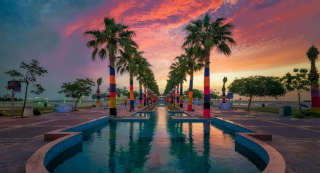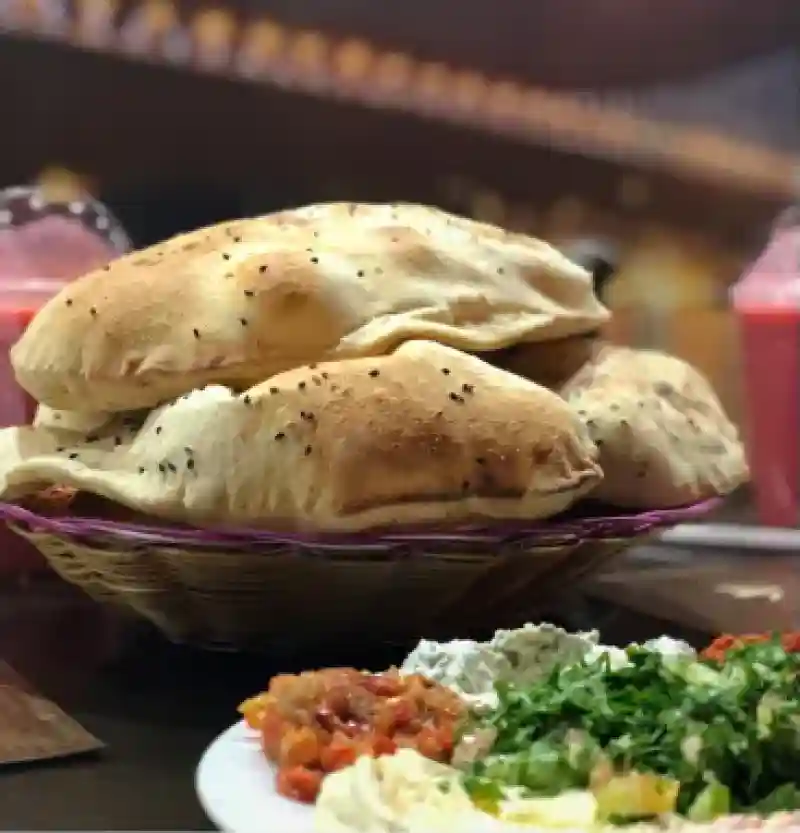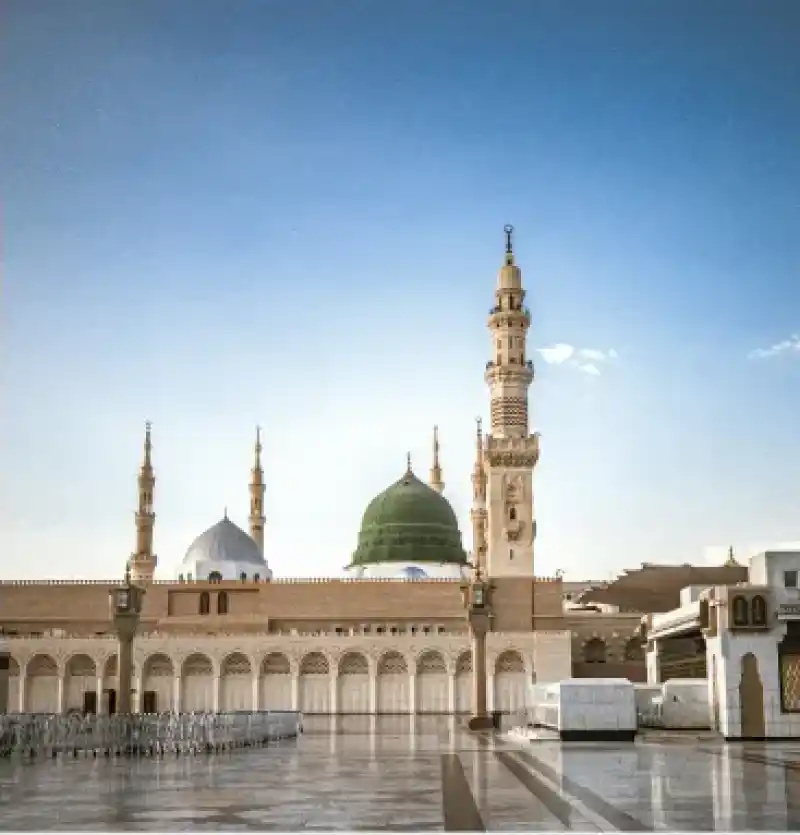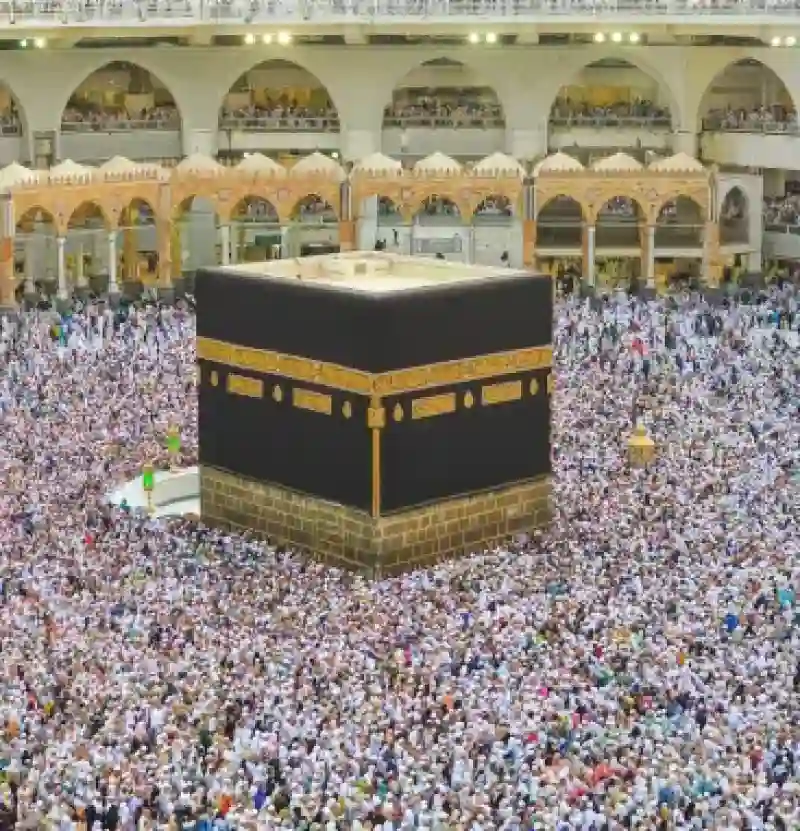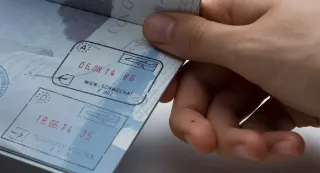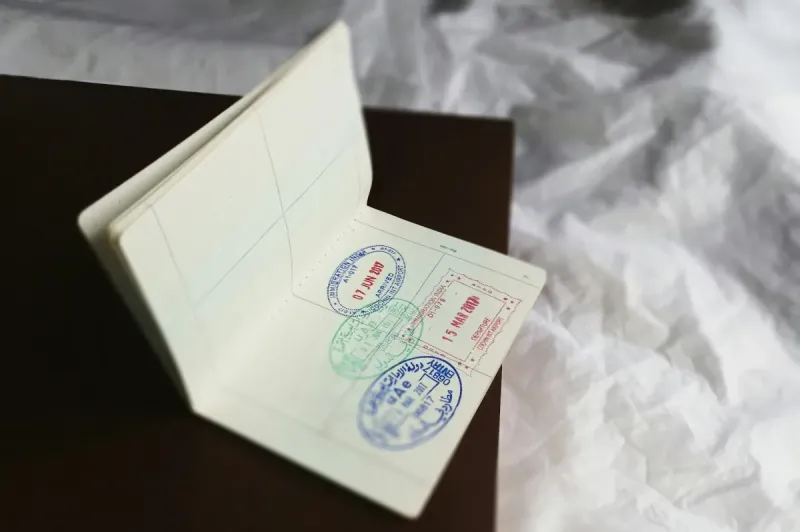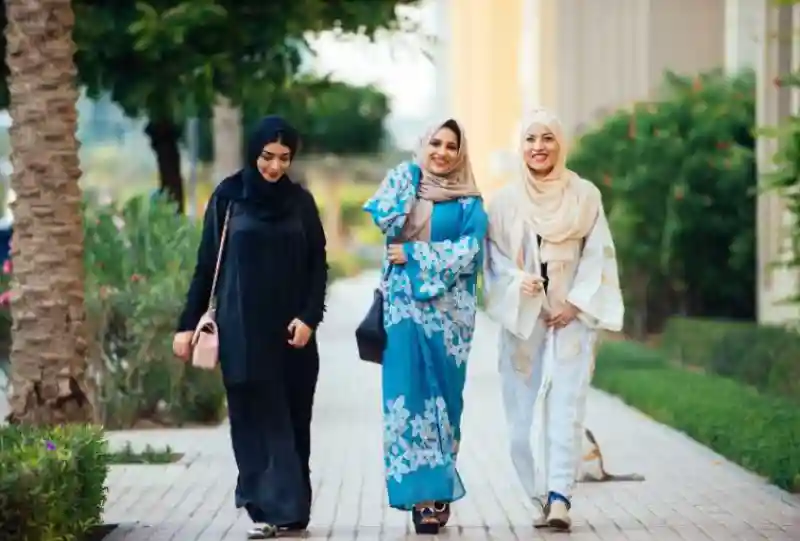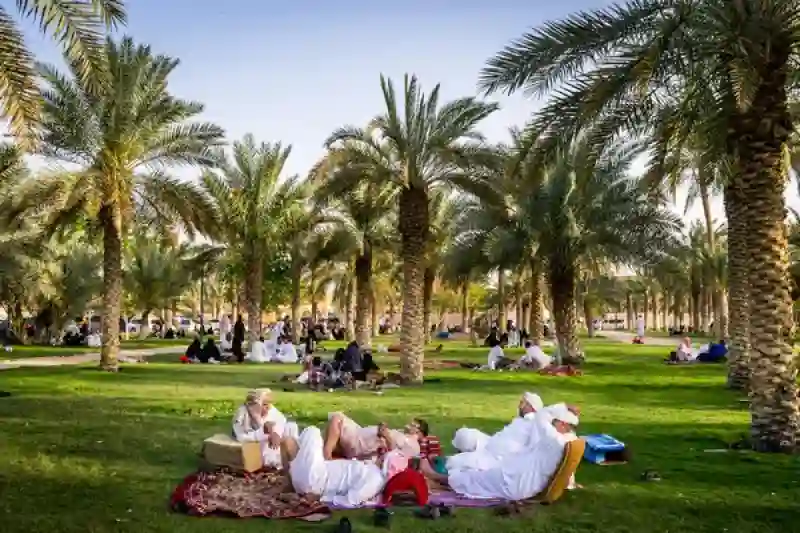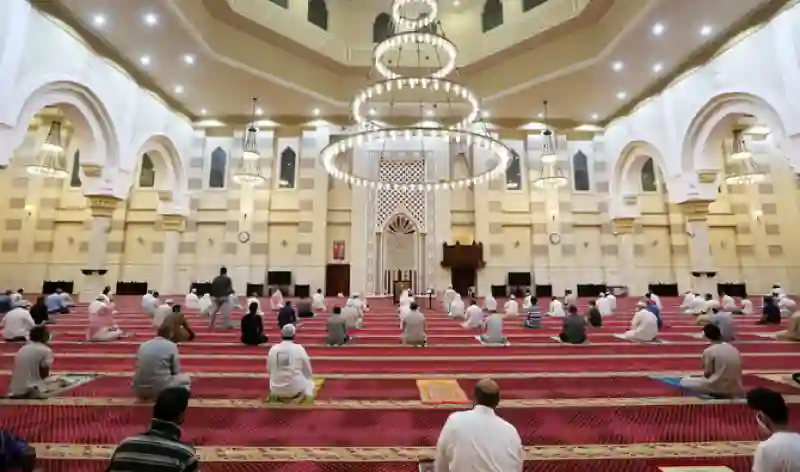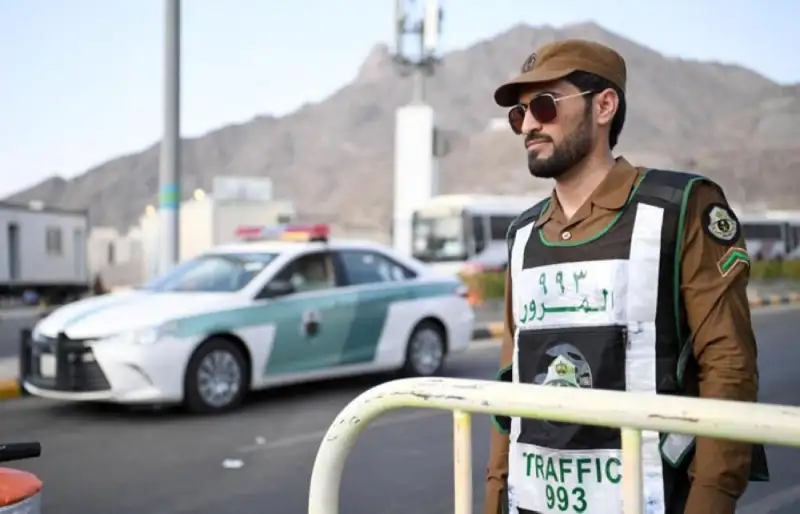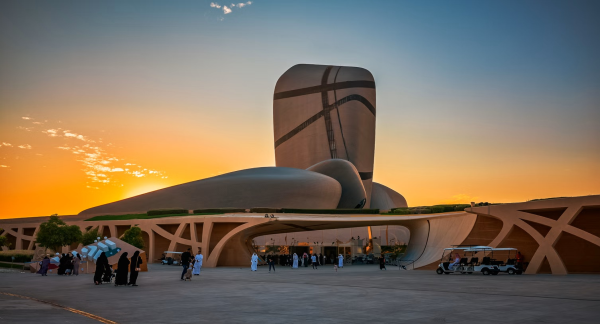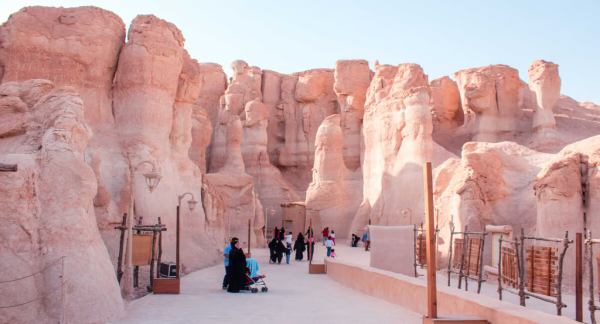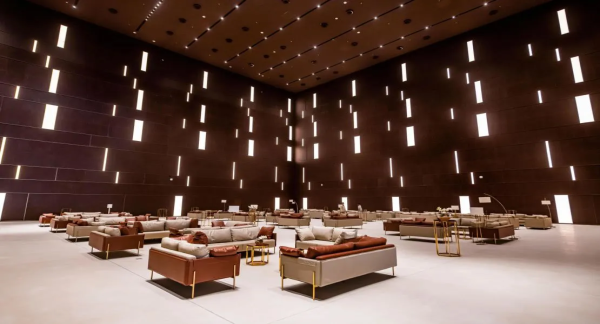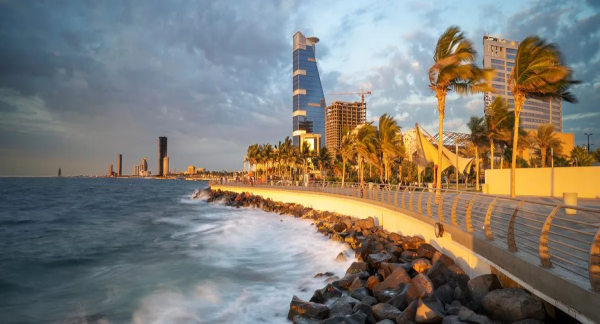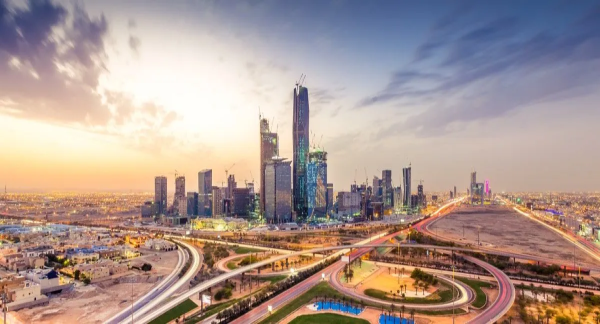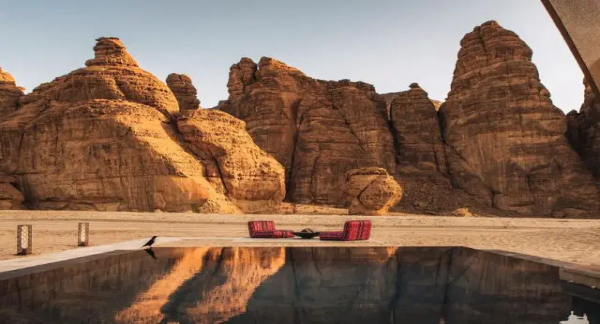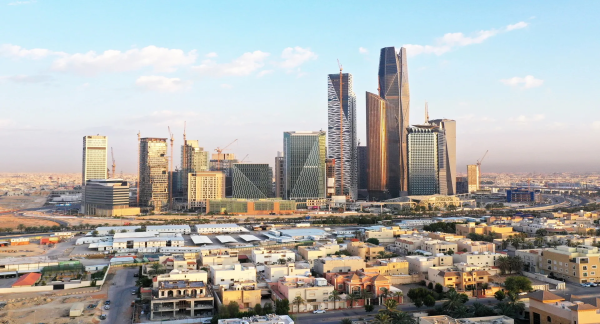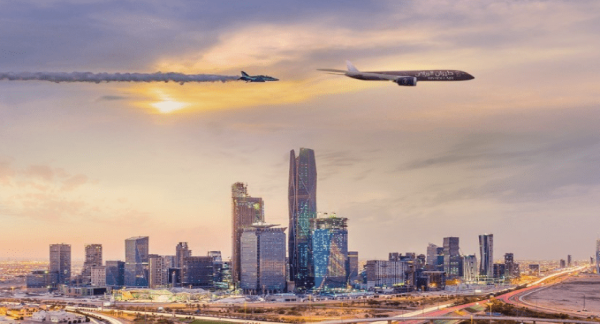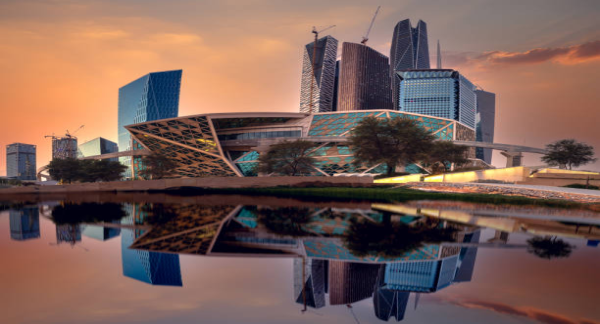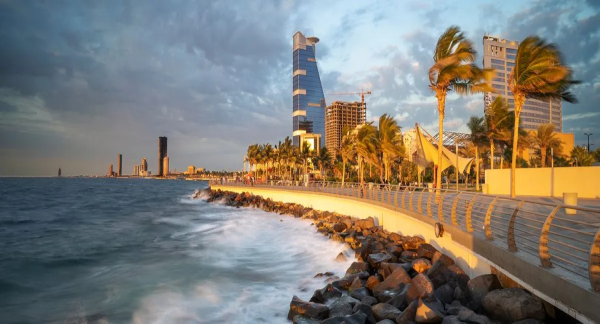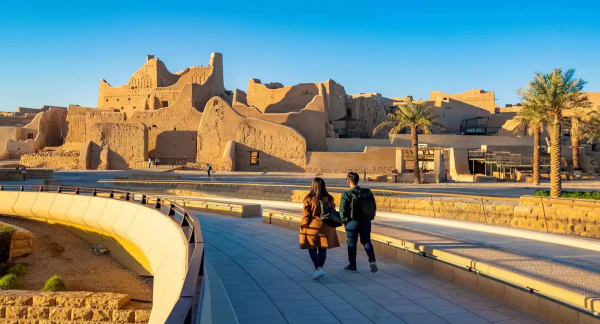Safety in a foreign country hinges on awareness and adherence to local laws and customs. In Saudi Arabia, it’s important to respect cultural norms, such as dressing modestly and being aware of prayer times, as this demonstrates respect for local traditions and can prevent unintentional offenses. Avoiding sensitive political discussions, especially those that may critique the local or religious practices, is crucial to avoid misunderstandings or legal issues.
Being cautious in less populated areas, particularly deserts or remote regions, where amenities and assistance might be sparse, is also essential for traveler safety. Registering with the Smart Traveler Enrollment Program (STEP) for updates about safety conditions can be helpful, as it provides the latest travel advisories and enables the local embassy to assist you more effectively in case of emergencies. Always carry identification and be aware of your surroundings, as staying vigilant can help you recognize and avoid potential hazards promptly.
The Kingdom boasts a well-developed healthcare system with state-of-the-art medical facilities, especially in major cities like Riyadh and Jeddah. As a visitor, it’s important to have travel insurance for Saudi Arabia that covers healthcare services, as medical treatment can be expensive for non-residents. Public hospitals offer high-quality services, but private hospitals are generally preferred by expatriates and tourists for their shorter wait times and English-speaking staff.
However, be aware that some healthcare services, particularly specialized and emergency treatments, might be limited outside the major cities, so plan your travel accordingly. In case of a medical emergency, know that you will receive immediate care, but having comprehensive medical insurance will ease any financial concerns associated with health emergencies while abroad.
In case of an emergency in Saudi Arabia, it’s crucial to know the relevant contact numbers for emergency services. For general emergencies, dial 911, which is a unified number for police, fire, and ambulance services. The number 998 connects to the Civil Defense, and 993 is for traffic police.
Additionally, it's important to note that 112 is also recognized as a general emergency number, which can be dialed from mobile phones. For tourists and expatriates, the Saudi Tourism Police, reachable at 999, can be particularly helpful in addressing issues specific to visitors. Having these numbers handy, along with the contact details of your country’s embassy, can provide a safety net in urgent situations.
Saudi Arabia has made significant strides in empowering and ensuring the safety of women travelers. However, it’s advisable to dress conservatively, adhere to local customs, and be cautious when traveling alone or in less familiar areas. Respecting cultural norms and social etiquette is key. Women can drive and move around independently, but it’s always a good idea to keep emergency numbers and embassy contact details close.
In recent years, the Kingdom has opened up more to female travelers, offering an array of experiences from business opportunities to tourism. While women are increasingly visible in public life, it is important to be aware of and respect Islamic cultural norms, such as avoiding tight fitting clothing and wearing an abaya or modest clothing instead when out in public.
Solo female travelers are generally safe, but it's wise to stay informed about the areas you plan to visit and avoid isolated locations, especially at night. In social settings, understanding gender segregation norms, which can vary by region and setting, is crucial to avoid any cultural misunderstandings.
For accommodation, many hotels and lodgings in the Kingdom are accustomed to hosting female travelers and provide amenities and services keeping their comfort and safety in mind. Additionally, familiarizing oneself with local laws, such as those pertaining to photography and social conduct, can go a long way in ensuring a trouble-free stay in the Kingdom.
Awareness of environmental hazards is crucial when traveling to Saudi Arabia. The country’s climate can be extremely hot, particularly in summer, reaching temperatures well above 100 degrees Fahrenheit, thus carrying risks of heatstroke and dehydration. It's vital to dress appropriately in lightweight, breathable clothing, use sunscreen, and seek shade during the hottest parts of the day.
Sand and dust storms, while spectacular, can pose respiratory issues and reduce visibility, making driving or outdoor activities hazardous. These storms can occur suddenly, so staying updated with local weather forecasts is important.
When venturing into desert areas, it’s critical to have a reliable means of communication and sufficient water supply, as these regions are remote and can have extreme temperature variations between day and night. Always inform someone about your travel plans and consider traveling with a guide or group experienced in desert conditions.
